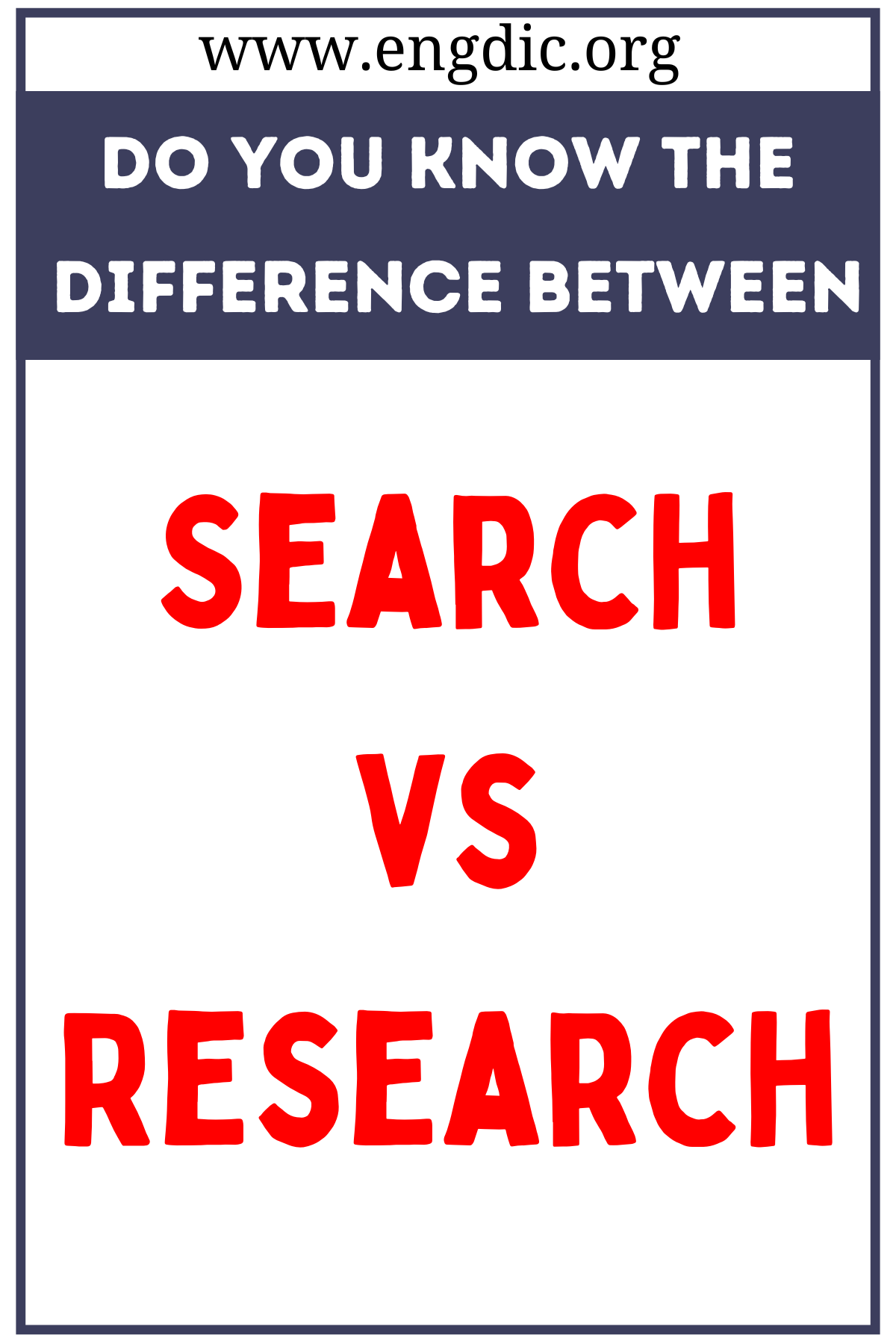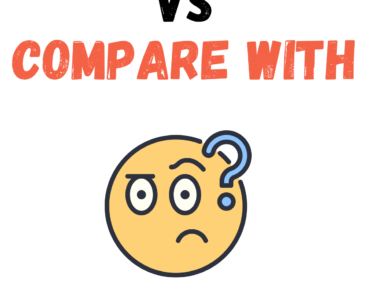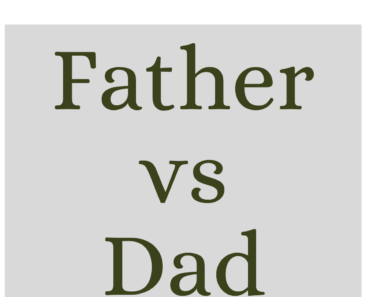“Search” and “research” may seem interchangeable, but they serve distinct purposes.
A “search” is a quick act of seeking specific information, often using search engines or databases.
Conversely, “research” involves a deeper, systematic investigation to uncover new knowledge or insights, typically requiring critical analysis and often producing a detailed study or report.
While a search might be the initial step to gather quick facts, research dives into comprehensive exploration, often involving scientific or academic rigor to understand a topic thoroughly.
Definitions, Usages, and Examples
Search
- Definition: To look for or seek out information, objects, or people.
- Usage: The term “search” is used to denote a quick act of seeking or trying to find something. It commonly refers to using tools like search engines, databases, or indexes to locate information.
- Examples:
- Finding Information: “He used Google to search for the best travel destinations.”
- Locating Objects: “After losing her keys, she searched the house from top to bottom.”
- Seeking People: “The police searched the area for any missing persons.”
Research
- Definition: The systematic investigation into and study of materials and sources to establish facts and reach new conclusions.
- Usage: “Research” is used in academic, scientific, or professional contexts to describe the in-depth exploration of a subject. It often involves hypothesis formulation, data collection, analysis, and the presentation of findings.
- Examples:
- Academic Study: “Her research on climate change was published in a renowned journal.”
- Market Analysis: “The company conducted research to understand consumer preferences.”
- Scientific Exploration: “Research on cancer treatment is continuously evolving.”
In summary, while a “search” might fulfill an immediate need for information, “research” involves a more detailed and methodical inquiry to yield deeper understanding or solutions.







